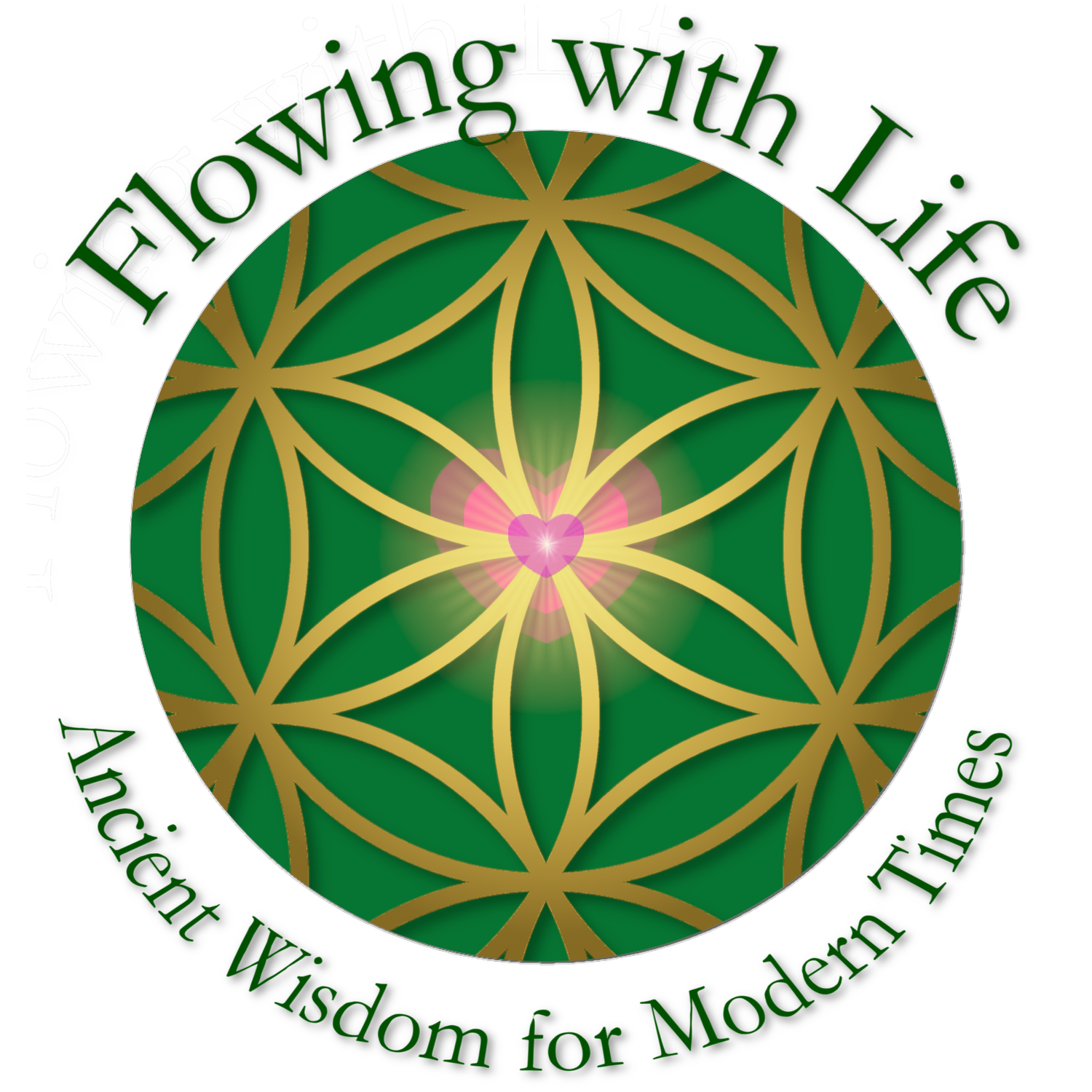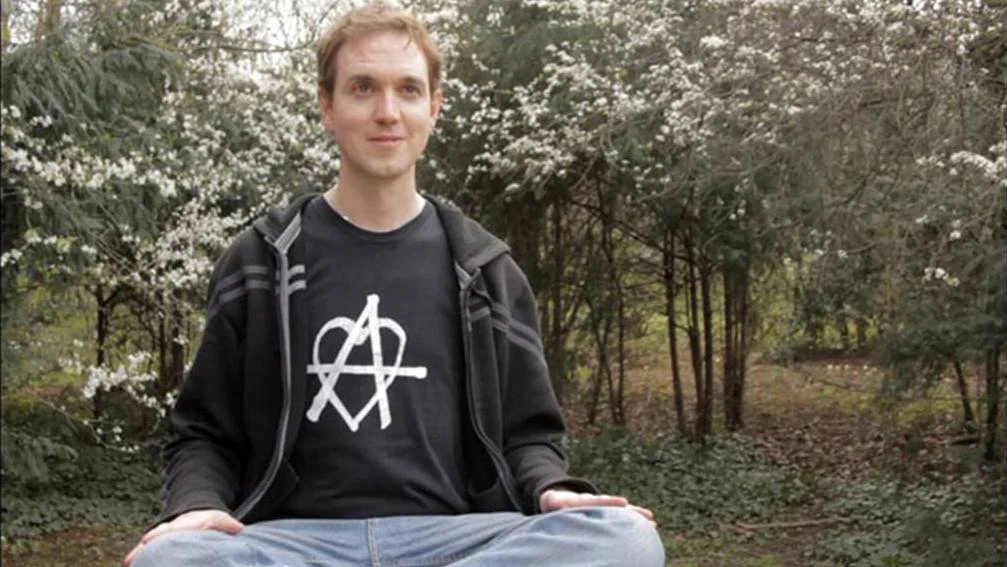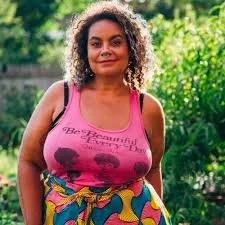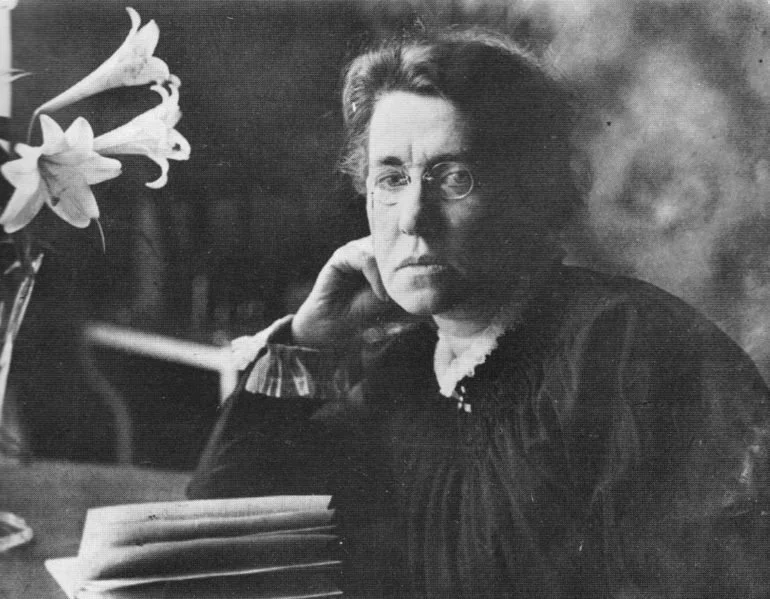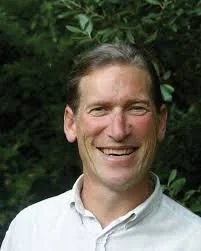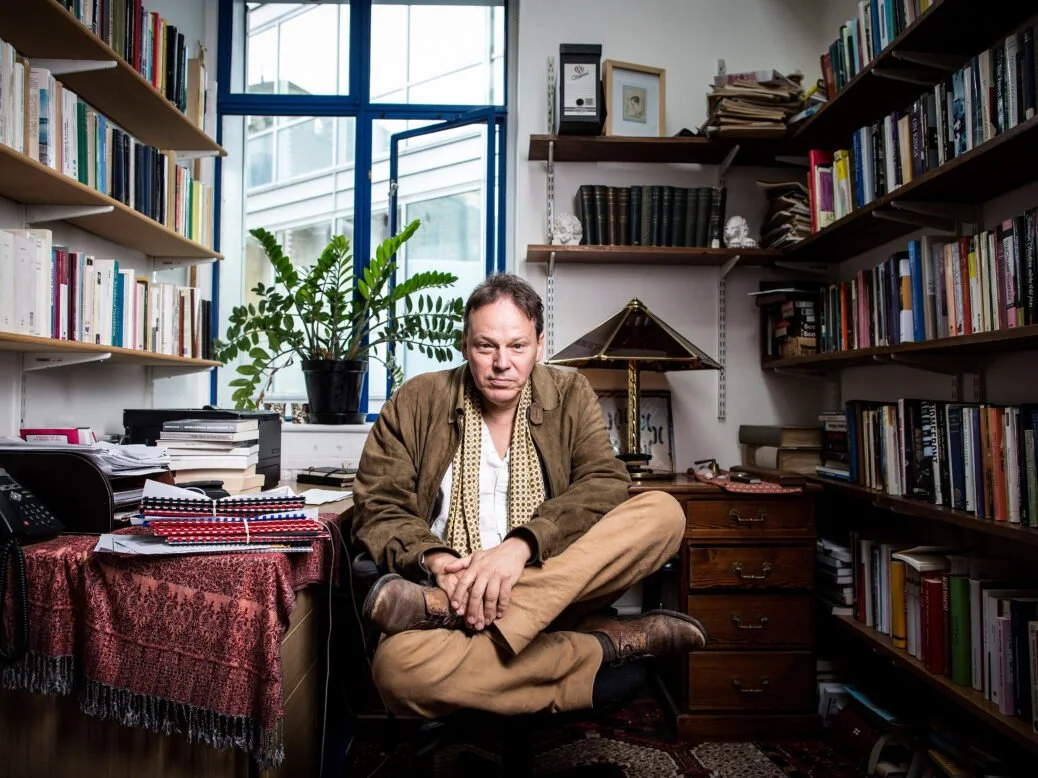Why are we Afraid of Anarchy?
The great writer Ursula Le Guin, a major inspiration for our writing groups, was a proponent of ‘anarchy’ in the best sense of the word.
Many of us have a visceral reaction to the word anarchy. When we consider it’s just a label, we might wonder why we have such a strong reaction. And we might also ask ourselves, does our reaction stop us from looking more closely at what’s behind the label? I’ve been noticing in myself how often I’ve put people or ideas in boxes which I unconsciously assign to various mental categories of ‘Interesting’ or ‘To be Ignored’, among others. Could I be missing out on some great stuff this way?
We might notice that the word ignorance is an active verb. It takes effort to ignore something. Probably many of us are ignoring that wise voice inside that guides us to take positive action, to care for ourselves and others, to speak up in certain circumstances and to stay quiet in others. We might ignore it because it goes against how we’ve been taught to live, especially if it contradicts ‘authorities’ — whether external figures or internalised voices from our past. Or maybe we just ignore it because we really want something that maybe isn’t so good for us. Or am I the only one who finds it hard to say no to chocolate sometimes?
So, we might be afraid of the word anarchy because we’ve been taught it means the end of all order, of our very humanity, and of life as we know it. But what if it also means something else? What if it points to rich and inspiring forms of order that are different from we’re used to? What if it describes and encourages possibilities for humanity that we were told were ‘unrealistic’ by those who have a very narrow view of reality? As we look at where ‘normal life’ is taking us, we might well want to be looking for alternatives, even if they sometimes have a label we’re not sure about.
“I think hard times are coming when we will be wanting the voices of writers who can see alternatives to how we live now and can see through our fear-stricken society and its obsessive technologies to other ways of being, and even imagine some real grounds for hope. We will need writers who can remember freedom. Poets, visionaries — the realists of a larger reality.”
For those who are still with me, still curious, the word anarchy comes from ancient Greek meaning no (an) ruler (arche). In the dominant culture of our world, we are taught to believe that without rulers, there will be chaos. But if we look at the rich diversity of human cultures throughout history, there have been many who thrived without needing rulers. And if we look at our culture we might ask, is it thriving?
We are told that competition brings out the best in people. And so we are taught to compare ourselves against each other with various kinds of measuring sticks (get it?). What effect does that have on self esteem, or the capacity of communities to cooperate during challenging times? Rulers are helpful for framing photos, but maybe not so good for seeing the big picture of Life and all the ways our unique gifts and ways of being are equally special and important.
“Freedom, expansion, opportunity, and, above all, peace and repose, alone can teach us the real dominant factors of human nature and all its wonderful possibilities.”
The word anarchy might invite us to consider: could it be possible that human beings, given the right conditions, support and encouragement, and, perhaps most importantly, practice, might become capable of self-organisation, self-rulership, self-governance. What if the economic and political systems that have spread around the world and become ‘normal’ are not actually the best ways of caring for each other and our planet? What if other forms of governance are not only possible, but perhaps even healthier, more sustainable and more enjoyable? In other words, could we continue to evolve beyond the systems and patterns that we’ve grown used to? In my experience, absolutely we can!
Photo from a documentary film that was never completed, circa 2011
When I was a young activist 30 years ago, I asked these question of myself and others. Mostly people seemed to believe that of course we need rulers. And yet today, things seem to be different. As we watch the governments we were told were bastions of democracy, including the U.S.A. and U.K., sliding towards fascism (sorry to say), more and more of us are asking, ‘what kinds of systems do we want?’ And as we watch the unfold meta-crisis of ecological collapse, mental health pandemic, increasing polarisation of society and so much more, perhaps more and more of us willing to open our minds and hearts to ideas and ways of being that we were told were impossible, dangerous or unworthy of serious attention.
Perhaps now more than ever is the time to explore in a new way what we’ve been taught to fear. What we find might be a wonderful gift for all of us.
If you would like to learn more about my journey from anarchist scholarship and activism to yoga philosophy and heart meditation, you might like to listen to this podcast episode from Everyday Anarchism with my friend Graham Culbertson. And below this is a talk from the first Harmony & Balance Retreat held in 2021. If you would like to join us for the fifth Harmony & Balance retreat this September 17th-21st in Rumbling Bridge, Scotland, there are still a couple of places left. Click here to find out more and secure your place.
Some anarchist(ic) thinkers I have found inspiring and that you might like, too. I may not agree with everything they say, but they’ve all taught me something important about living well.
Ursula Le Guin, author of The Dispossessed among many other inspiring novels, poems, short stories and essays.
adrienne marie brown, writer & podcaster, organiser and facilitator, and all around inspiring human being
Emma Goldman, an anarchist feminist who was called the ‘Most Dangerous Woman in America’ by J Edgar Hoover. Doesn’t that make you curious?
David Holmgren, co-founder of permaculture and originator of the 12 permaculture design principles
David Graeber, anthropologist whose work encourages us all to question what we’re told is ‘normal’
Dorothy Day, founder of the Catholic Workers movement who care for the homeless
Starhawk, a permaculture teacher and author of the visionary novel The Fifth Sacred Thing among many other books and articles
Gustav Landauer, a great philosopher, mystic and revolutionary thinker who saw love as the foundation of all
